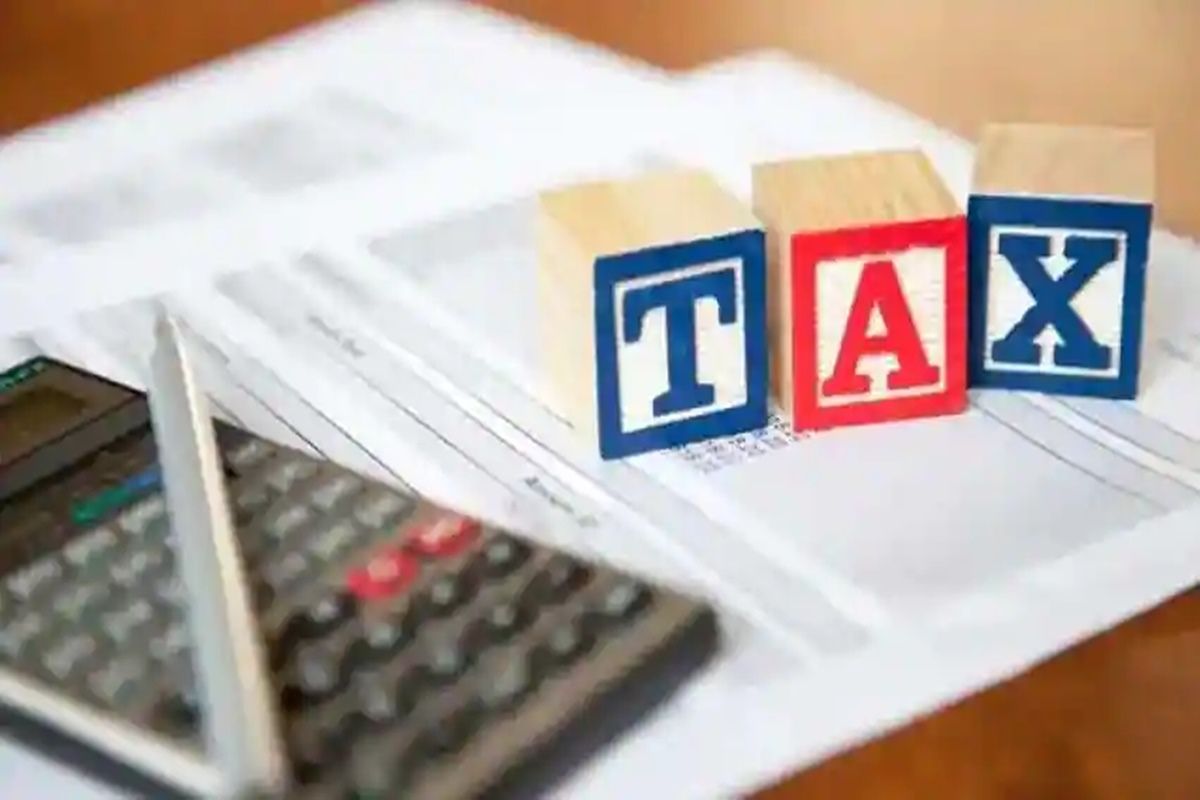
Key Documents Required for Filing Income Tax Return: A Checklist for Individuals
Filing an income tax return is a crucial annual task for individuals to fulfill their tax obligations and maintain financial transparency. To ensure accurate reporting and compliance with tax laws, it is essential to gather and organize the necessary documents. In this article, we present a comprehensive checklist of key documents required for filing an income tax return. By partnering with Taxsing, a team of qualified professionals specializing in taxation, you can streamline the process and maximize your tax benefits.
1. Personal Information and Identification:
- Permanent Account Number (PAN): Your PAN card is a unique identification number issued by the tax authorities and is a mandatory requirement for filing your income tax return.
- Aadhaar Card: Aadhaar, a biometric identification card, may be required for linking with your PAN and for e-verification purposes.
- Bank Account Details: Ensure you have the details of your bank accounts, including the account number, branch name, and IFSC code, for accurate reporting of income and tax refunds.
2. Income Documents:
- Form 16/16A: These forms are provided by your employer or payer of income and summarize your salary income, tax deductions, and taxes paid during the financial year.
- Form 26AS: It is a consolidated tax statement that provides details of tax deducted at source (TDS) and tax deposited against your PAN. Verify this form for accuracy before filing your return.
- Income from House Property: If you own a house property and earn rental income, gather the rental agreements, rent receipts, and details of any home loan interest paid.
- Income from Investments: Collect statements or certificates for income earned from investments, such as interest income from bank deposits, dividend income, and capital gains from the sale of assets.
- Income from Business or Profession: If you are self-employed or operate a business, maintain records of income and expenses, including invoices, bills, bank statements, and books of accounts.
3. Deduction and Exemption Documents:
- Investment Proofs: Gather proofs of investments made under various tax-saving schemes, such as Employee Provident Fund (EPF), Public Provident Fund (PPF), National Savings Certificate (NSC), and tax-saving fixed deposits.
- Life Insurance Premium: Keep records of premiums paid towards life insurance policies to claim deductions under Section 80C.
- Home Loan Statement: If you have a home loan, collect the home loan statement reflecting the principal and interest components, as you can claim deductions on both.
- Medical Expenses: Maintain bills and receipts for medical expenses incurred, including health insurance premiums, preventive health check-ups, and expenses for treatment of specific ailments.
4. Other Documents:
- Form 15G/15H: If you are eligible to submit Form 15G or Form 15H to avoid TDS deductions on certain income, ensure these forms are filled and submitted, if applicable.
- Charitable Donations: Keep records of donations made to eligible charitable organizations, as you can claim deductions under Section 80G.
- Foreign Assets and Income: If you have foreign assets or earn income outside your resident country, gather relevant documents to comply with tax laws and reporting requirements.
- Proof of Tax Payments: Retain challans or receipts for tax payments made, such as advance tax, self-assessment tax, or tax deducted at source.
By organizing these key documents, you can ensure a smooth and accurate filing of your income tax return.
How Taxsing Can Assist You:
Taxsing provides valuable assistance in organizing and filing your income tax return. Here's how they can help:
1. Document Review: Taxsing's professionals review your documents to ensure accuracy and completeness, minimizing the chances of errors or omissions.
2. Compliance Assistance: They help you navigate the complex tax laws, ensuring compliance and adherence to the latest regulations.
3. Deduction Optimization: Taxsing analyzes your financial situation to identify eligible deductions and exemptions, helping you optimize your tax savings.
4. E-filing Support: They provide support in e-filing your income tax return, ensuring seamless submission and compliance with the digital filing process.
Filing an income tax return requires careful organization and accurate reporting of income, deductions, and exemptions. By partnering with Taxsing, you can streamline the process and ensure compliance with tax laws. Gather the key documents mentioned in this checklist, consult with Taxsing's qualified professionals, and approach your income tax return filing with confidence and ease. Maximize your tax benefits and fulfill your tax obligations effectively with the expertise of Taxsing.




